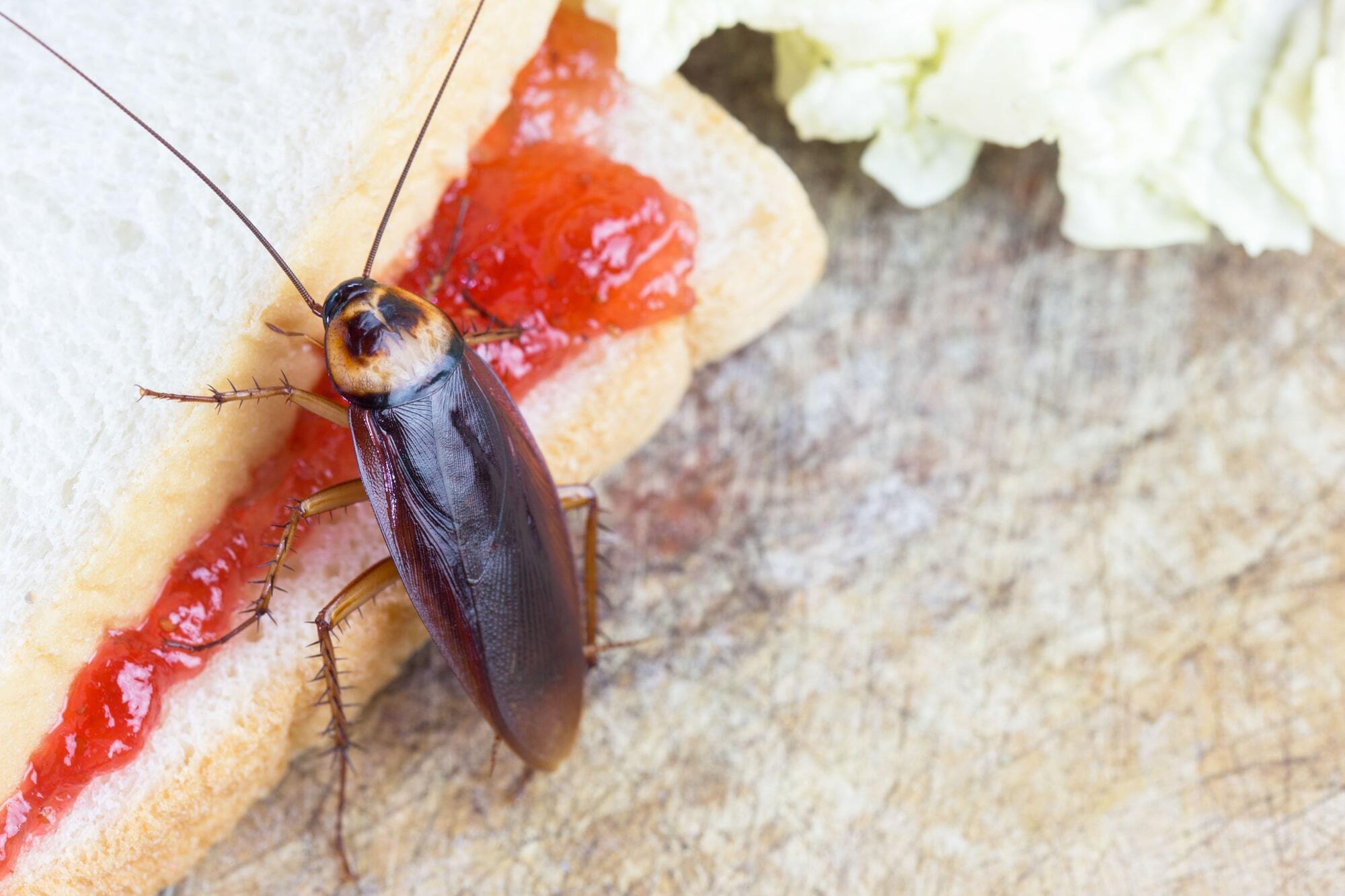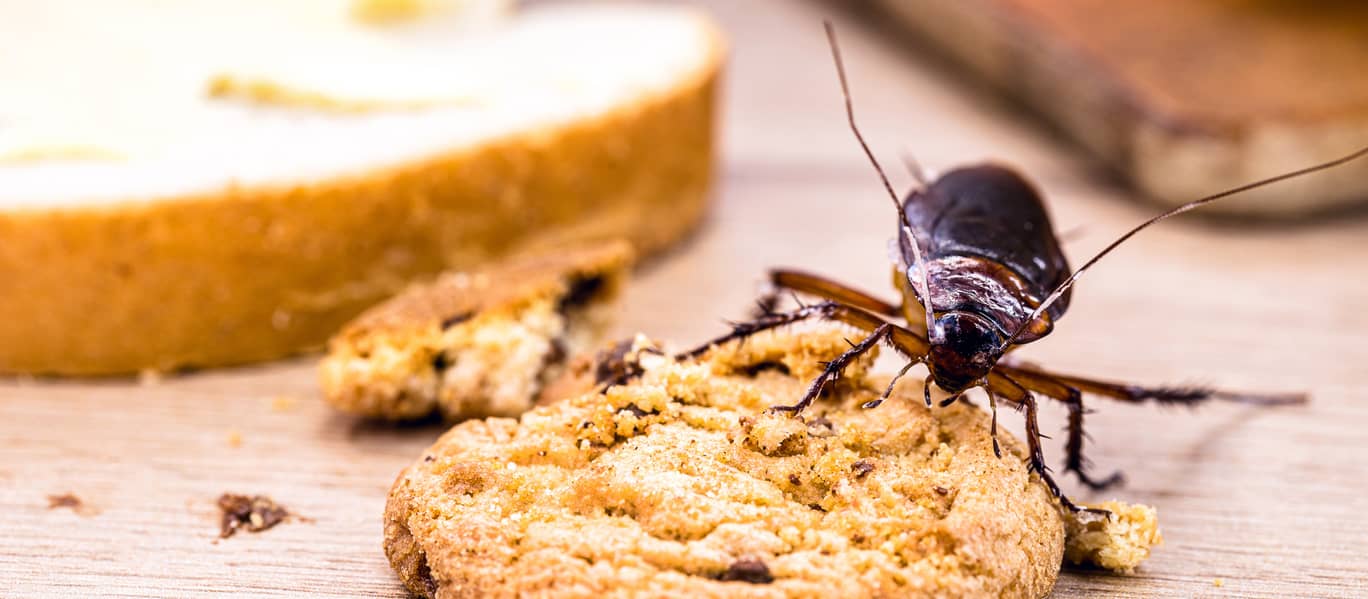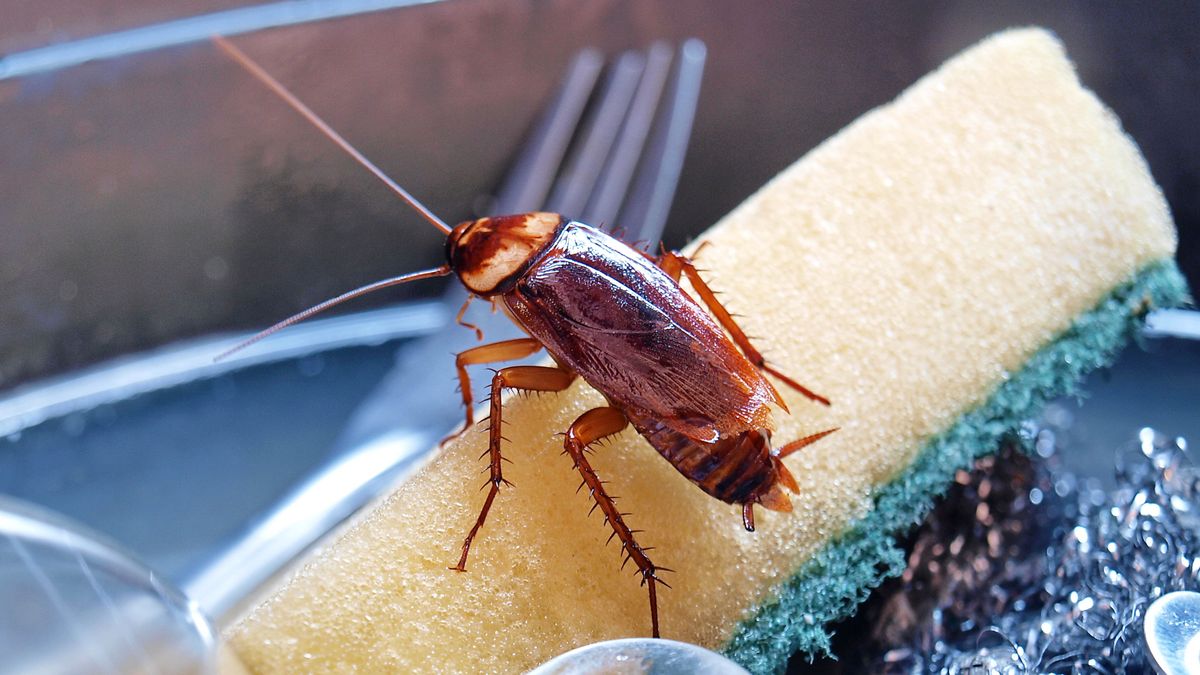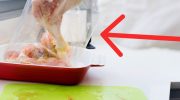Cockroaches are a pest that often causes headaches, as they tend to appear in the kitchen or behind the fridge. Although in the past they used to only come out in summer, climate change has allowed them to adapt to winter as well.
They usually hide in dark places, such as warm areas where they can be comfortable and reproduce. This is how Juanjo Molinero, technical manager of the pest control company Conplag, explains it.

Conventional methods, such as insecticides and traps, are common, but there is a more natural and surprising solution that has caught the attention of many: a fruit with the power to keep these annoying insects at bay.
In the search for ecological alternatives and helpful ingredients, lemon has become an effective tool for fighting cockroaches in the kitchen, gaining popularity over traditional chemical products.
This citrus fruit is known for its versatility in gastronomy and for its properties, which are highly unpleasant for insects. Its fresh aroma and acidity act as an effective repellent to eliminate them and keep them away from the places where they usually hide.
This is how this fruit acts against insects

Cockroaches have a highly developed olfactory system that allows them to detect odors at long distances. The citric acid present in lemon irritates these receptors, causing insects to avoid areas treated with this ingredient.
The expert points out that this fruit has antibacterial properties that help keep surfaces clean, thus reducing food sources that could attract these insects.
Although some specialists believe that this fruit can help to repel these insects, it does not eliminate them completely.
To use this fruit, you should place it in slices at strategic points in the kitchen, such as near pipes, in corners or in areas where activity of these insects has been detected.
Something to bear in mind is that you should change them regularly to ensure that the aroma remains strong enough to keep the cockroaches away.
Another fairly effective trick is to make a paste from grated lemon peel, mixed with a little water, and apply it to the places where they usually hang out.








